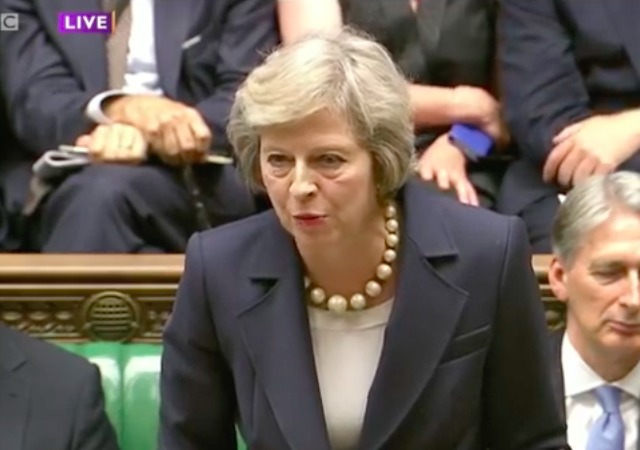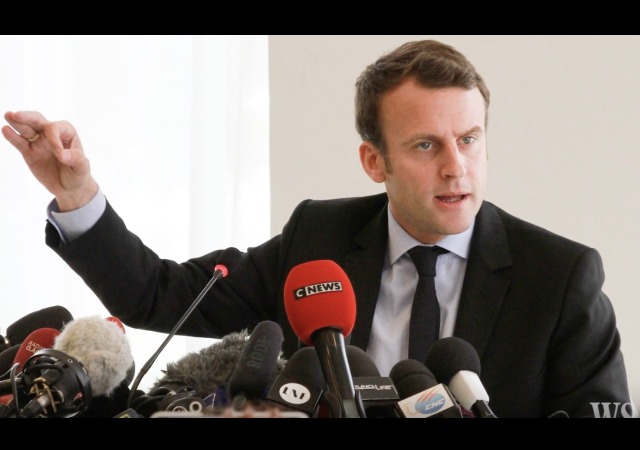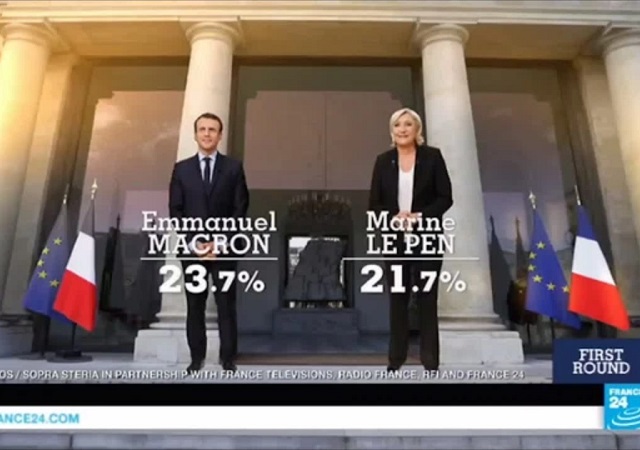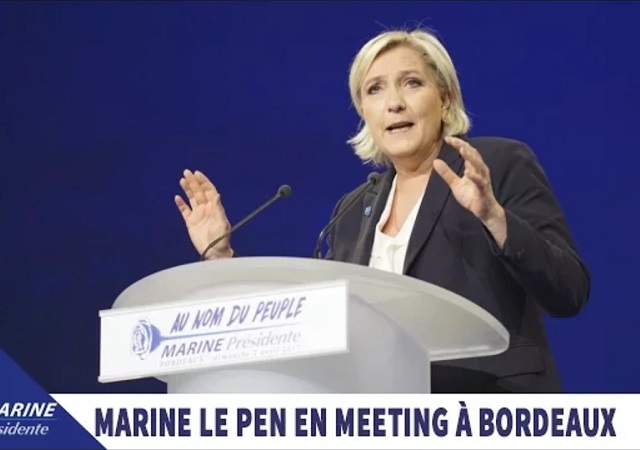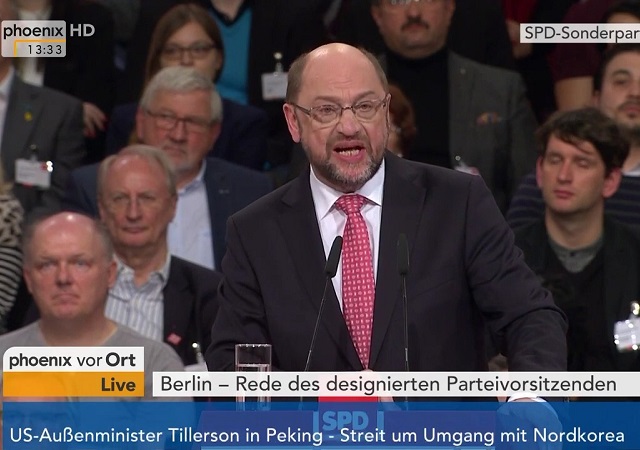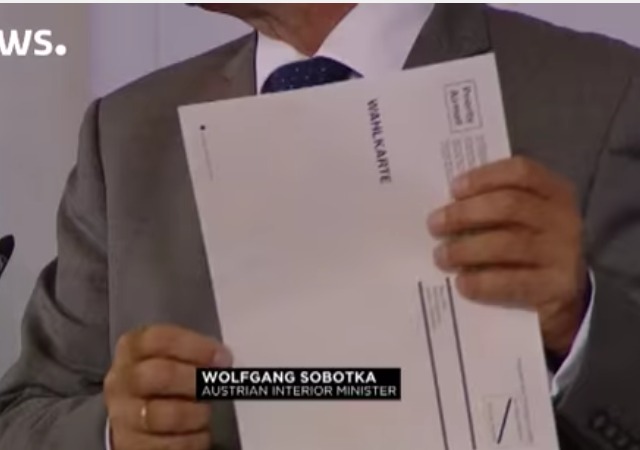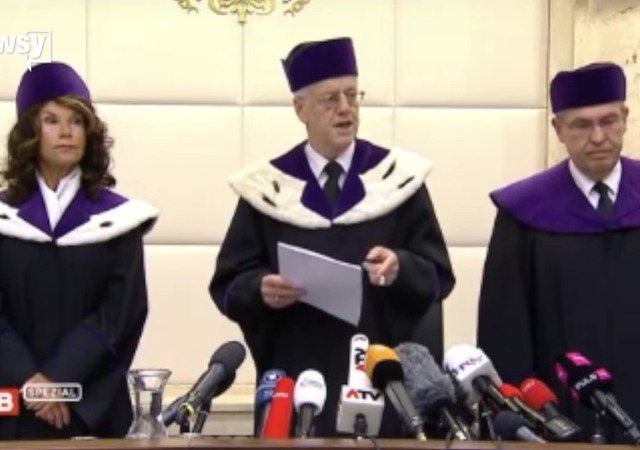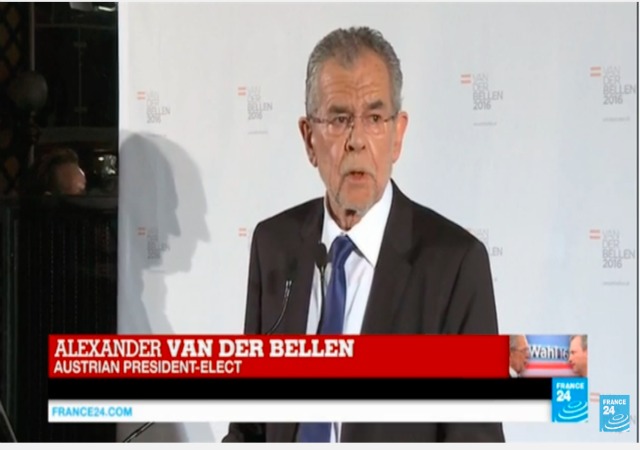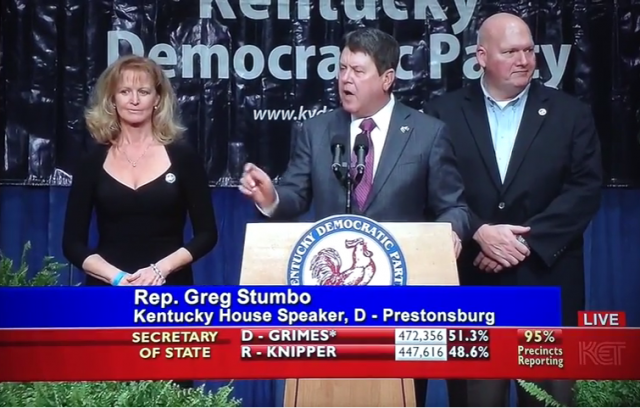LIVE: British Election Results
on June 08, 2017
6 Comments
The British have officially closed. It might be a few more hours before we have an official result.
The population will elect 650 Members of Parliament (MP), but the Conservatives need 326 seats in order to form a government. They currently hold 330, but some polls have shown the party losing enough seats to sit below the threshold.
Exit polls have shown that the Conservatives have lost seats, but still maintain the majority.
I will update this post as information rolls in.

